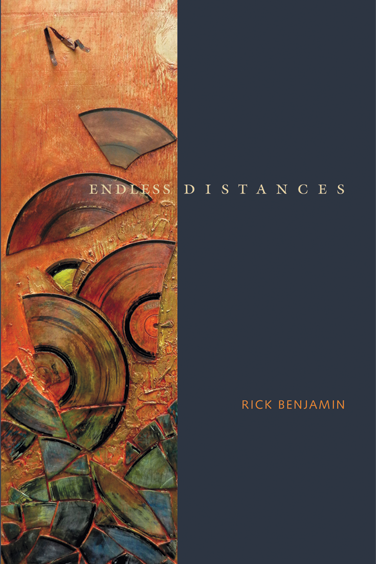Nourishing Grief
I was little and a little mystified the first time a line of friends and relatives, acquaintances and possibly also some complete strangers, appeared at my door with casseroles and other versions of comfort food after an early loss. I did not know then, at 7 years old, how disorienting and debilitating the death of a loved one, not to mention other forms of leaving and abandonment, could be, so did not fully appreciate the degree to which we attend to each other’s needs in times of sorrow, knowing that grievers are too empty and bereft to do for themselves. It is not food we need, of course, but rituals of setting the table, heating up those casseroles, even if able to eat only a few forkfuls of them, that nevertheless brings us back to ourselves, reminding us that this is, as Marie Howe says, what the living do.
At the age of 58 I have experienced my share of losses, which is only to say that I share the experience of losing with so many others at this point in my life.
“The art of losing isn’t hard to master,” Elizabeth Bishop says, in her poem, “One Art,” though of course she knows that it is, that some loss feels like “a disaster,” that we do not live past our losses so much as learn how to live with them.
Meantime, how do you tell your friend who is obsessive-compulsive that she no longer has to make the same quiche every week, that you cannot keep up with her making of your grief something that needs so much continuous feeding? That your freezer is full to brimming with her loving?
Getting back to the rituals and routines of feeding yourself again, to chopping finely, to sautéing and caramelizing, to tending to risotto’s need, for example, to absorb transformations slowly, deliberately, as if to show you the way—these are next and necessary steps in any process of grieving, the ones that most exemplify, perhaps, what Martín Prechtel notes is our indigenous need to also praise what we have lost, to offer up again the most daily, even mundane tasks by way of sustaining ourselves and each other.
Which is just one reason why I admire so much Jane Hirshfield’s short but nourishing poem, “Da Capo,” because in no time—which is also and obviously its own good time—it offers up the solace of beginning again, of the promise seeded in its very title. After saying that we must take the “used up heart” and toss it way out, as if over water, so that it will show all the widening but waning ripples of what we have lost, Jane also affirms the necessity of taking heart in rituals of tending to ourselves again:
Returning home, slice carrots, onions, celery.
Glaze them in oil before adding
the lentils, water, the herbs.
Then the roasted chestnuts, a little pepper, the salt.
Finish with goat cheese and parsley. Eat.
You may do this, I tell you, it is permitted.
Begin again the story of your life.
Perhaps a recipe for moving back into the past we have not, will not ever, quite leave behind. Like other ritual tasks, cooking resonates with other times in our life when we have been bolstered, nourished, fed forward into a less certain future. It is the time-traveling practice that the great Jamaican poet, Mbala, refers to in his poem, “Steam:”
… the man strains pasta
the cloud of steam shrinks him
back to child
back to the kitchen on the flats
to mama pouring the long long
line of steaming chocolate
from cup to cup…
How these unpunctuated lines allow the just-finished pasta to take on something of that kindred steam of a still-sweetening past is both lovely and a little mysterious.
Such moments are made of all the life we have lived, of all the lives we have lost. And, sometimes, if we’re lucky that sweeter steam, coming back to us, is all we need to know about going on.
As Naomi Shihab Nye says, “your plate is waiting.”
Rick Benjamin, former state poet laureate of Rhode Island, now teaches poetry, ecology and community engagement at the University of California, Santa Barbara. He enjoys cooking for his family and classes and somehow survived the canned—and frozen-food rage—of the 1970s.






